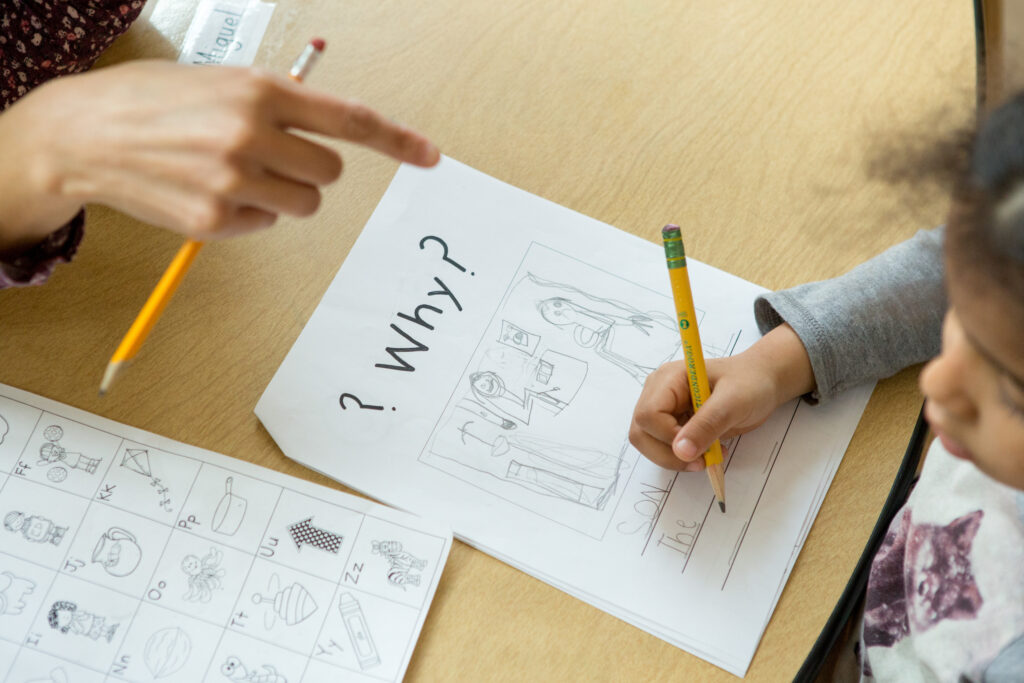
Critical Thinking 2021: Social Media’s Impact on Mental Health
In our annual survey on the state of critical thinking, the Reboot Foundation asked people about their use of and views on social media, particularly as it related to their mental health. In the survey, our research team also asked questions about reasoning, media literacy, and critical thinking. Our goal was to take the temperature of popular opinion about social media and to gauge what, if anything, people think should be done to change their relationship with it.
Key Findings: How Social Media Impacts Mental Health
- As social media use rises due to the pandemic, people are increasingly concerned about its impact on mental health. Over 60 percent of respondents said their social media use had gone up since the onset of COVID-19 lockdowns, while around half of respondents said they spend more than two hours a day on social media.
- Despite the general acknowledgment that social media is contributing to symptoms of poor mental health, a significant percentage of people aren’t willing to stop scrolling or to put down their screens.
- When it comes to the impact of social media on political discourse, the public is ambivalent. While many found social media damaging to their political reasoning, others thought they benefited from being exposed to new ideas online.
- Support for critical thinking skills remains nearly universal, with equally strong support for the teaching of critical thinking at all levels of education.



